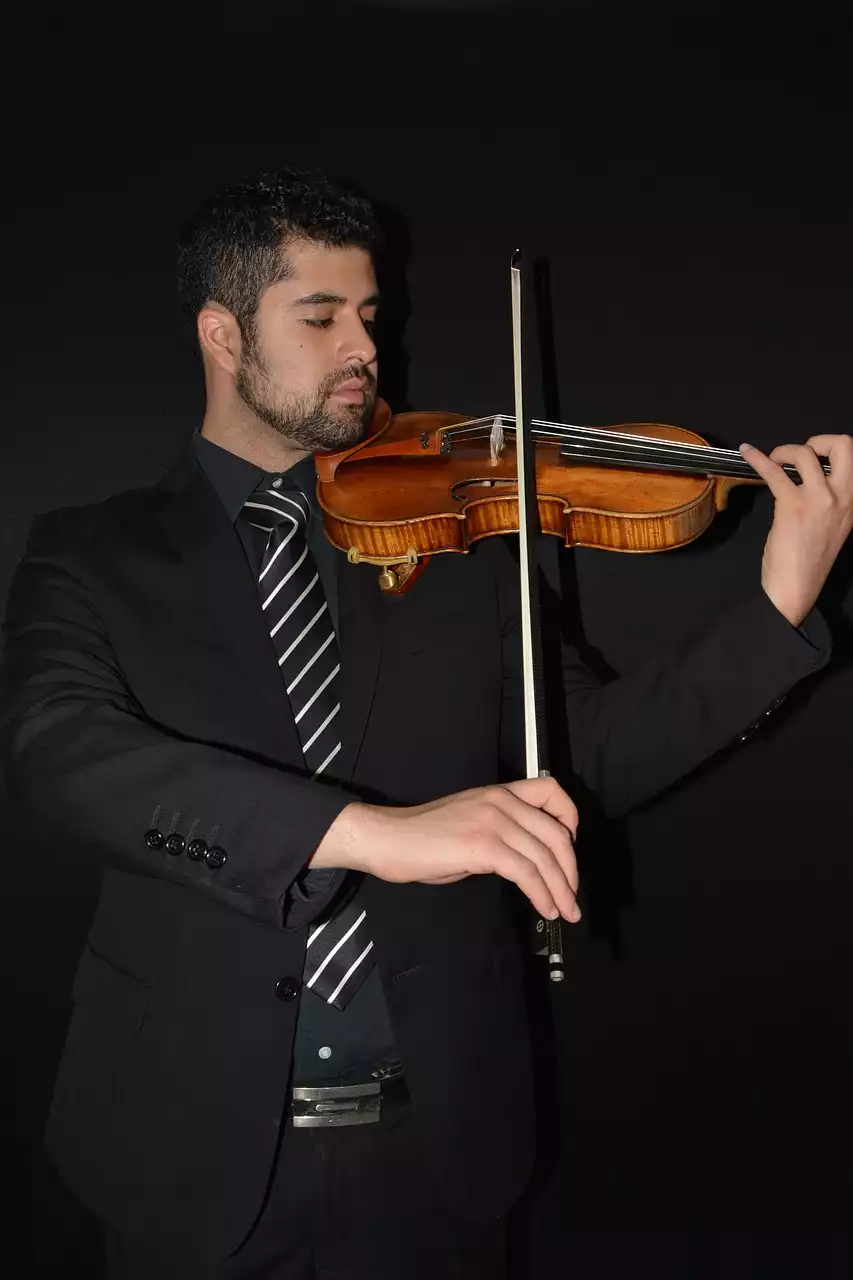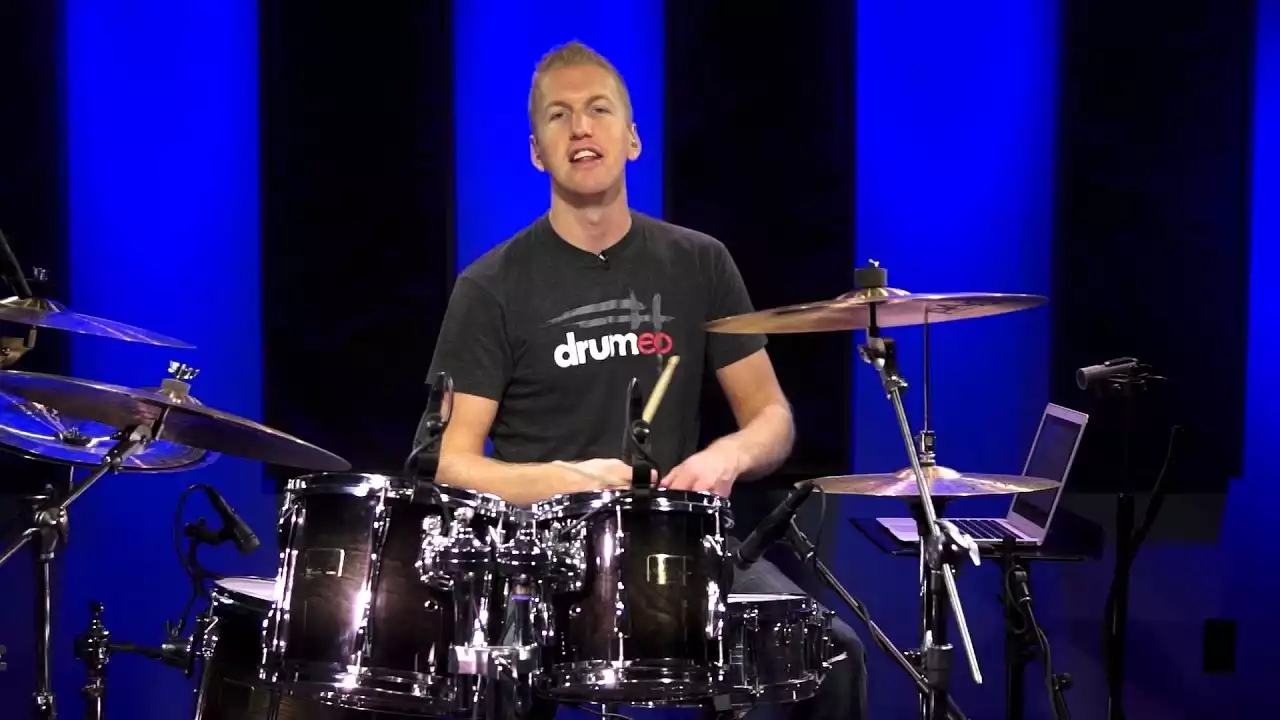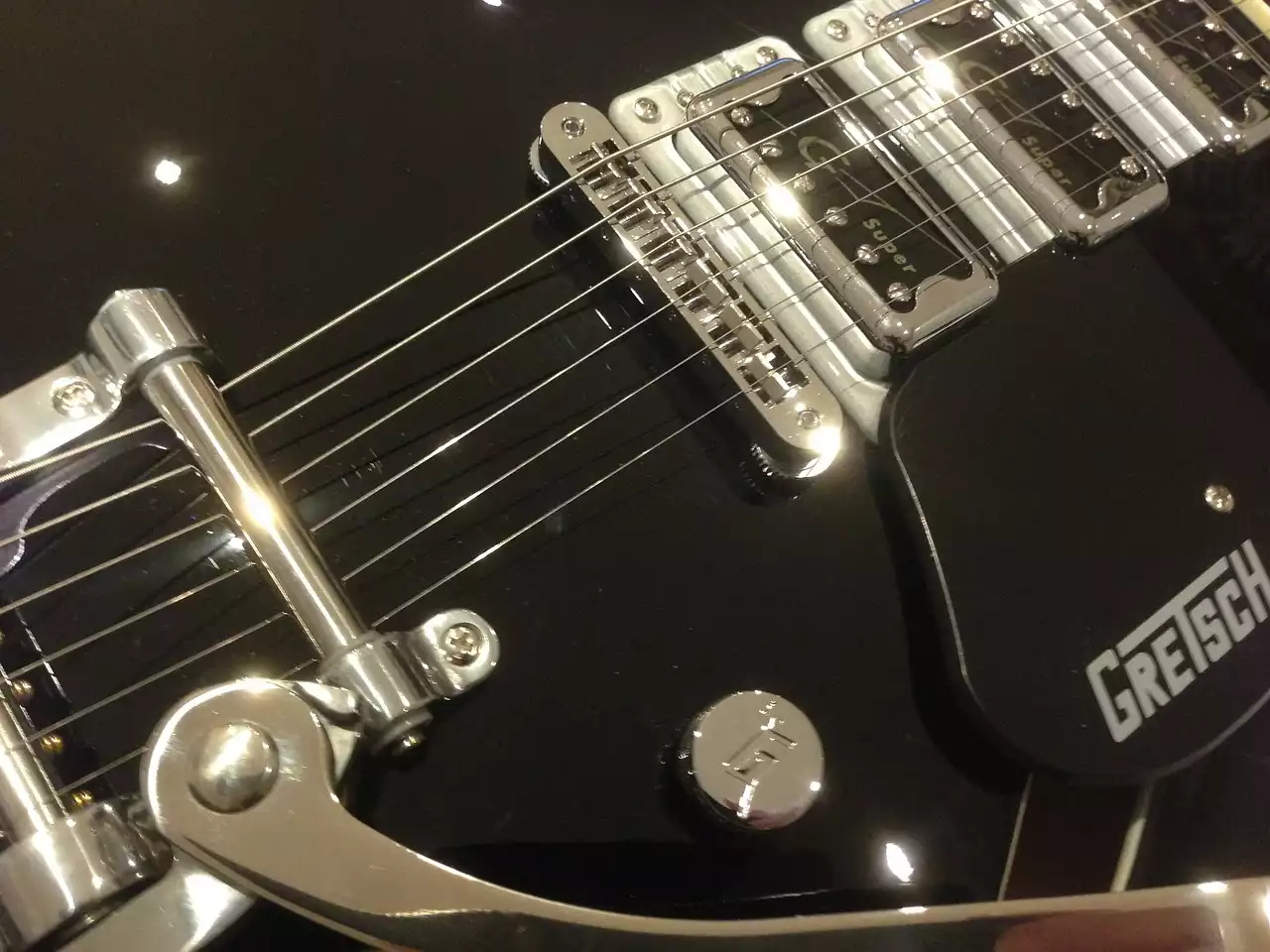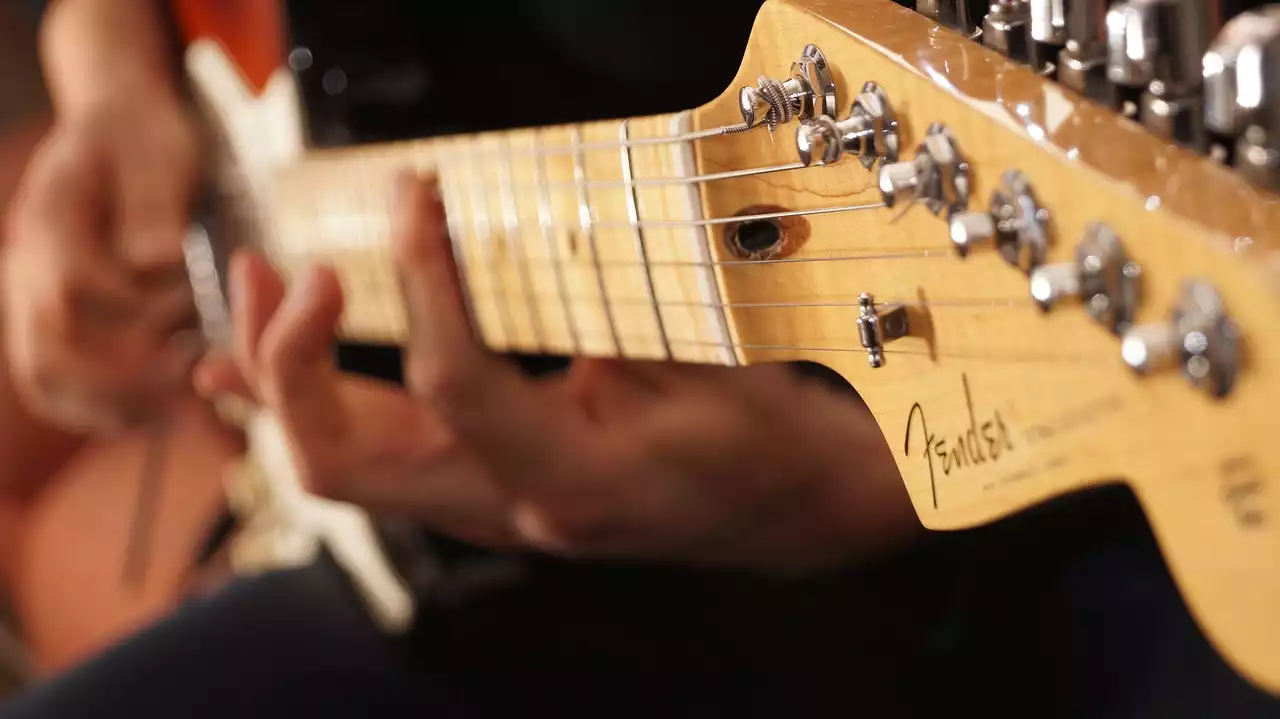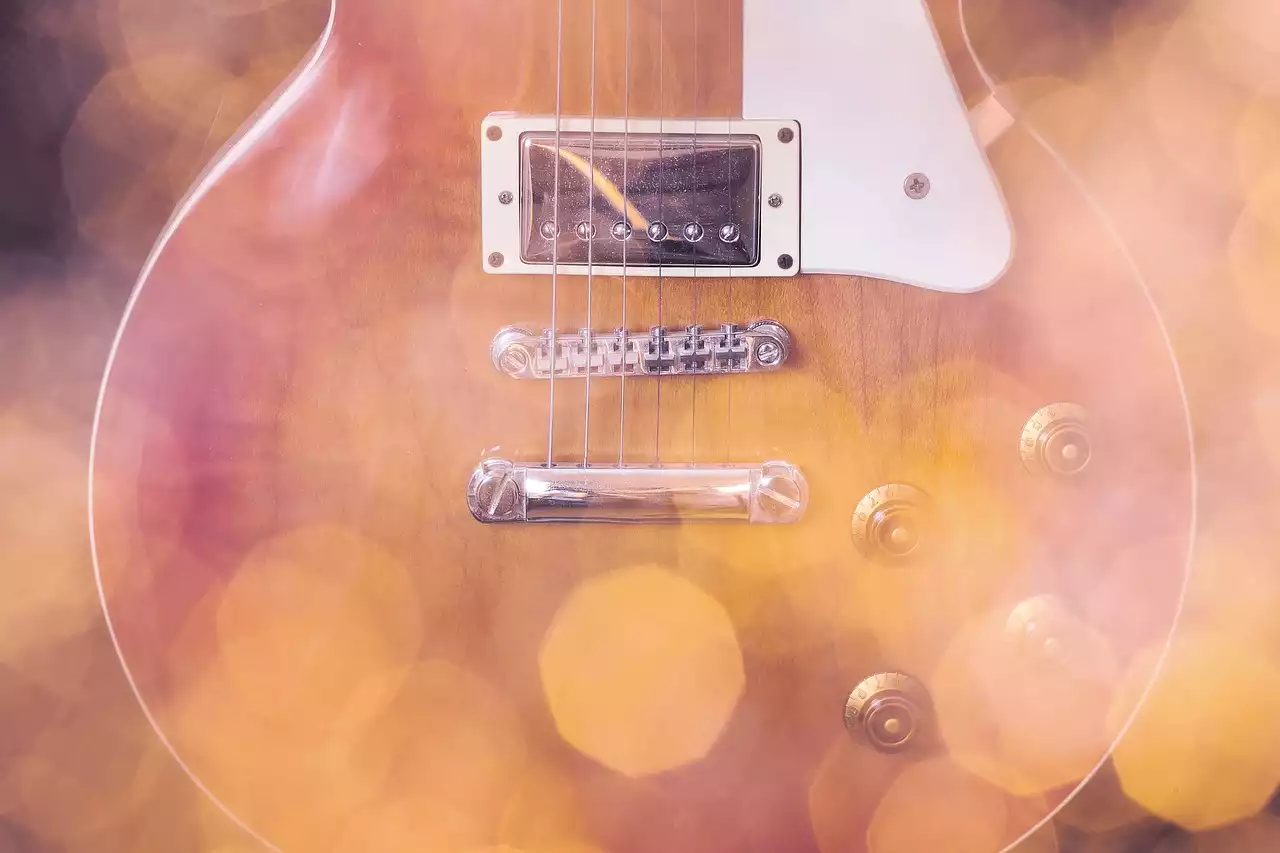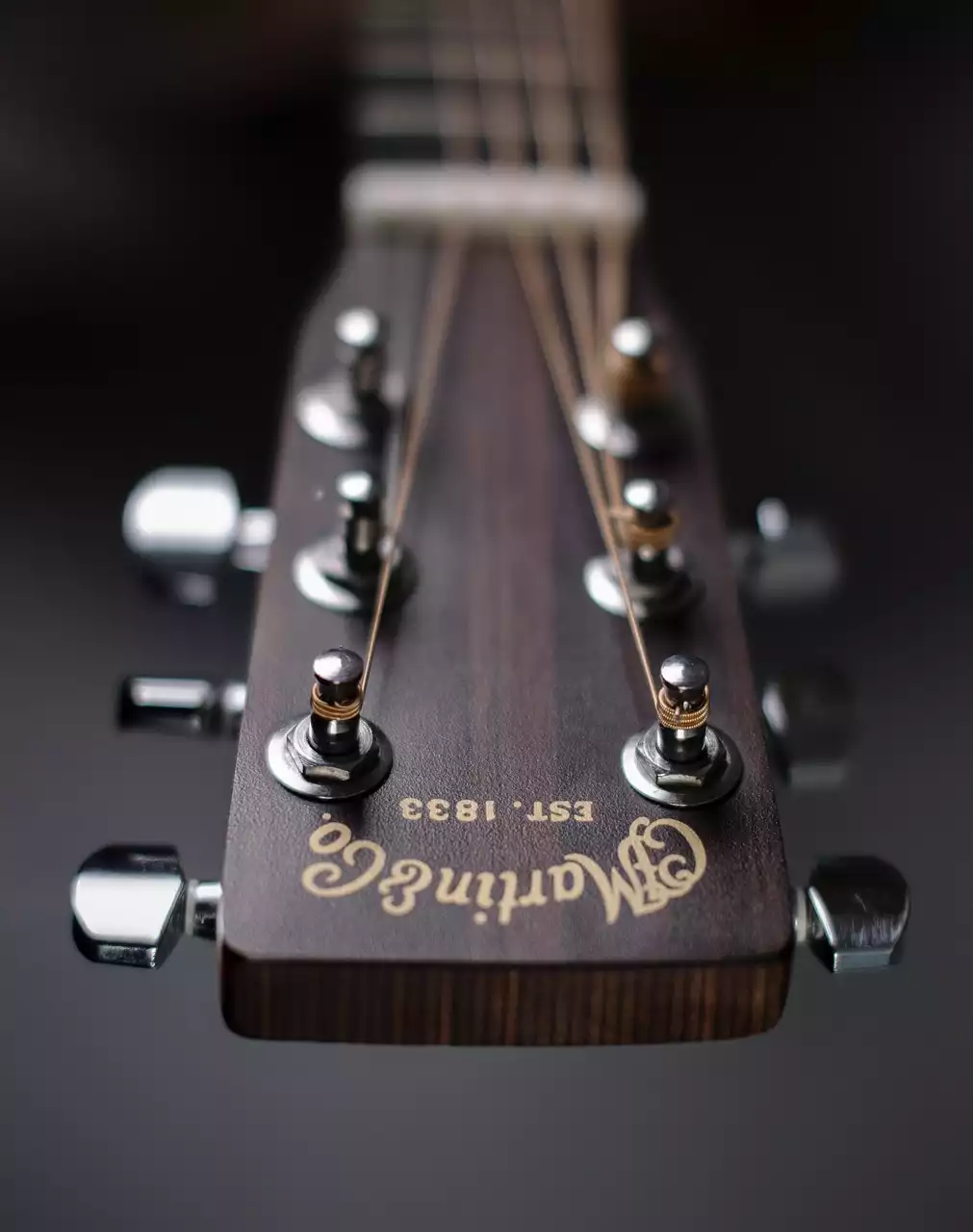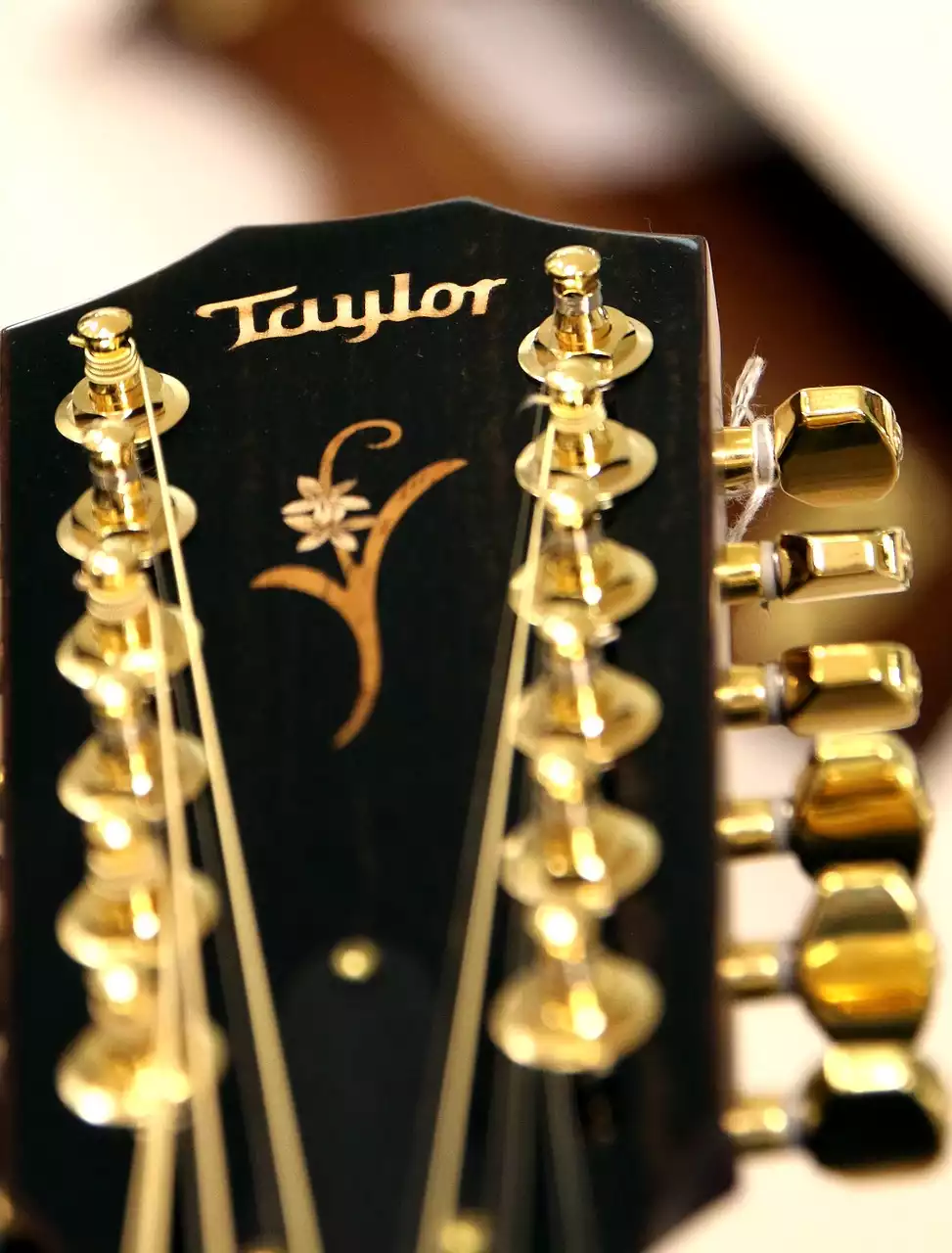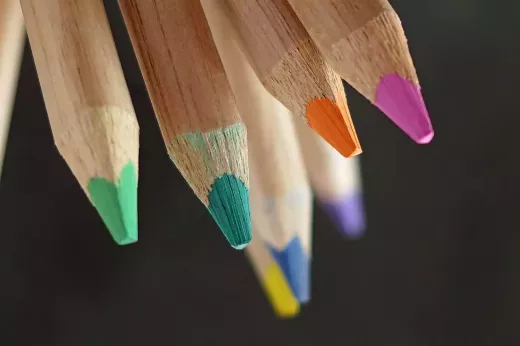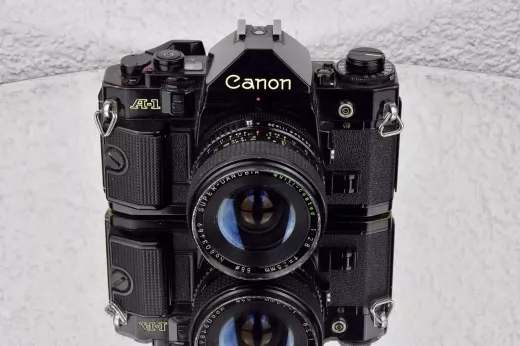Overview of the Brass Family of Instruments
The brass family of instruments includes the trumpet, horn, French Horn, trombone, baritone horn, tuba, and the sousaphone. These instruments are all very different from one another, with a variety of uses in addition to creating beautiful sounds. The trumpet is a very loud instrument, with a bold sound that is used in many pieces of music. The French Horn is similar to the trumpet but is quieter and thinner. The horn is a great versatile instrument, with a range of uses including classical music and jazz. The trombone is a much louder instrument than the trumpet or horn and is commonly used in jazz and classical music. The baritone horn blends the sounds of the trumpet and the trombone, with a sound that is somewhere between the two. The tuba is a much bigger version of the trumpet with a much deeper sound. The sousaphone is a unique brass instrument that uses a single reed to produce a low range that can only be heard with careful listening. These brass instruments have been a staple in music for centuries and are commonly used in orchestras and marching bands.
The Role of Brass Instruments in Music
The brass instruments are an important and varied part of any orchestra. The brass instruments are used in several different ways:
- Trumpet: The trumpet is a very loud instrument, with a bold sound that is used in many pieces of music.
- Horn: The horn is a great versatile instrument, with a range of uses including classical music and jazz.
- French Horn: The French Horn is similar to the trumpet, but is quieter and thinner.
- Trombone: The trombone is a much louder instrument than the trumpet or horn, and is commonly used in jazz and classical music.
- Baritone Horn: The baritone horn blends the sounds of the trumpet and the trombone, with a sound that is somewhere between the two.
- Tuba: The tuba is a much bigger version of the trumpet with a much deeper sound.
- Sousaphone: The sousaphone is a unique brass instrument that uses a single reed to produce a low range that can only be heard with careful listening.
- Other Brass Instruments: Other brass instruments include the electric trumpet, the piccolo trumpet, the siren, and the contraption.
Popular Brass Repertoire
The trumpets and trombones dominate the brass family’s popularity. The French Horn is a very popular instrument, and is often used in orchestras and film scores. The baritone horn has also become very popular in recent years, and is commonly used in jazz music. The trumpet, horn, and the French Horn are often used in classical music, while the trombone is used in jazz and pop music. Although these brass instruments are very popular, they are not the only brass instruments that are available. The sousaphone, tuba, and the cornet are considered to be brass instruments as well.
Benefits of Learning a Brass Instrument
The trumpet, horn, and the Frenchhorn are all very popular instruments, and are often seen in orchestras and pop music. They are also very versatile instruments, with a variety of uses in addition to creating beautiful sounds. The French Horn is a beautiful instrument but is not very popular in comparison to the trumpet or horn, and is rarely seen at music festivals. The trombone is a much louder instrument than the trumpet or horn, and is commonly used in jazz and classical music. Learning a brass instrument can give you the opportunity to play a louder instrument and this can be very useful in rock and jazz music.
Tips for Learning a Brass Instrument
The brass instruments are a diverse group, with very different sounds and uses. It can be difficult to navigate the different sounds and uses of these instruments, but with some effort and practice you can learn to play any of them.
- Practice: The best way to learn any instrument is to practice. It may seem like a waste of time, but with regular practice you can become an excellent player.
- Approach: Brass instruments are challenging to learn, and they can be challenging to play as well. It is important to approach brass instrument playing with a positive attitude, as they can be frustrating to play.
- Variety: It is important to practice with a variety of different styles and genres of music. This will allow you to practice playing all types of music, and can help you to decide what music you enjoy the most.
- Learn the Basics: To be successful with brass instrument playing, it is important to learn the fundamentals. These include hand position, posture, and breathing.
- Attend an Orchestra: Watching an orchestra play can be very helpful in learning how to play an instrument.
- Use a Practice Guide: A practice guide can be very helpful in learning an instrument, and can save you a lot of time.
- Read Music: Reading music can be helpful, as it can help you to develop your reading skills and help you to stay organized.
Resources for Learning a Brass Instrument
The internet is a great resource for learning instruments, and there are many websites that can help you to learn a brass instrument. The internet is also a great place to find local brass instrument classes, which can be an excellent way to learn an instrument. While there are many websites that can help you learn an instrument, it is important to choose one that is reliable and professional.
